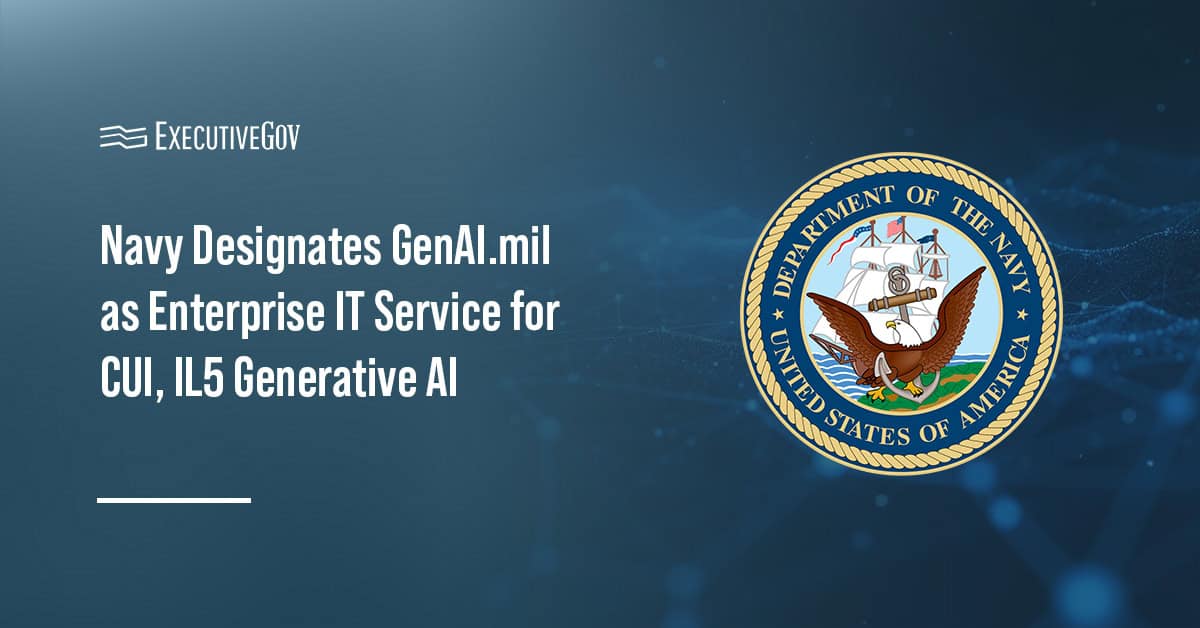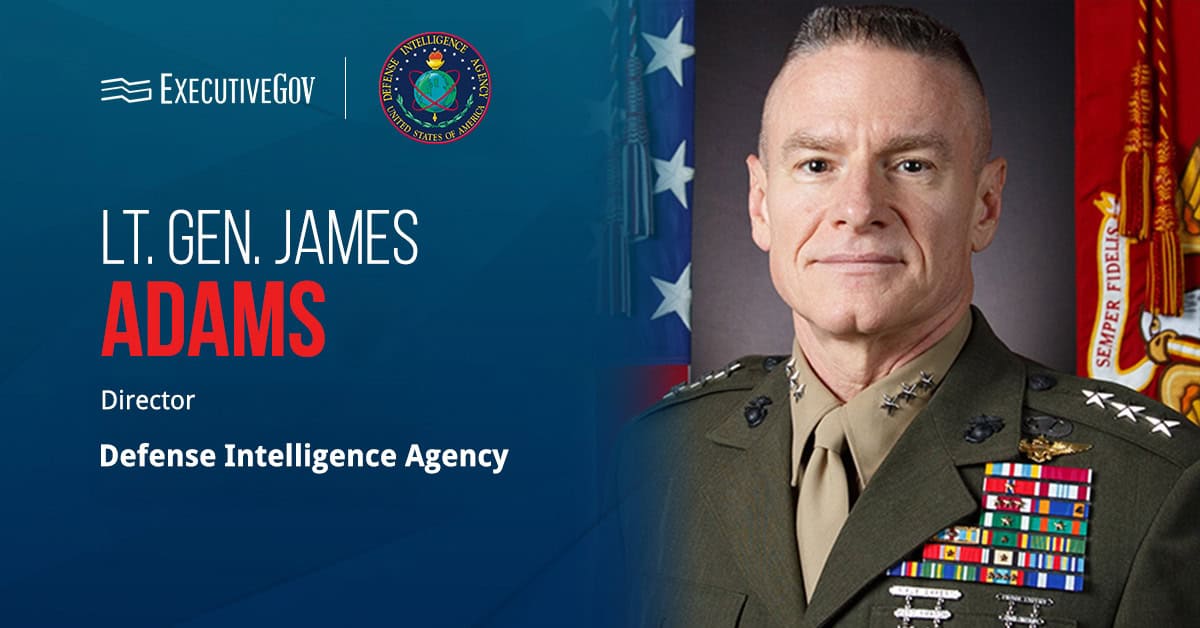
Defense Secretary James Mattis has told a Senate committee that Authorizations for Use of Military Force enacted in 2001 and 2002 have remained “sound” bases for ongoing U.S. military missions to stop terrorism threats worldwide, DoD News reported Monday.
Mattis discussed the continuing utilization of the AUMFs during his testimony Monday before the Senate Foreign Relations Committee.
He urged lawmakers to retain the Defense Department‘s authorities to mitigate threats from al-Qaida, Taliban and Islamic State terrorist groups.
“Any new Congressional expression of unity, whether or not an AUMF, would present a strong statement to the world of America’s determination,” said Mattis.
The defense secretary told committee members he believes Congress should not repeal the 2001 and 2002 AUMFs or restrict the timeline and geographical scope of military force authorizations.





